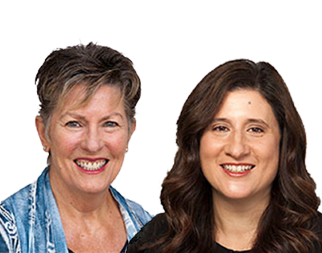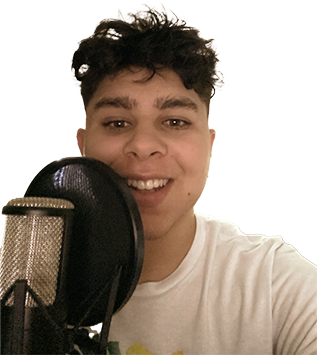



An Introduction to Autism
A podcast produced by Gene Gates and Therapeutic Pathways’ leadership team- Coleen Sparkman and Jane Howard. “An Introduction to Autism” is an informative and audible resource that helps parents and caregivers better understand autism and the ways that their child can thrive with the diagnosis.



Are you new to Therapeutic Pathways?
If you are new to Therapeutic Pathways or considering services from us, this podcast will help you understand our approach. Listen to Cynthia Owens, BCBA, Director of Clinical Operations and Development, and Coleen R. Sparkman, CCC-SLP, President talk about how Therapeutic Pathways will work with your child and family to develop an individualized treatment approach …


What are the signs of autism?
There are several early signs your child might have autism. In this episode, we talk to two leading experts about the earliest signs of autism and how to respond to them. Autism can present itself before a child turns two, and the best outcomes come from early diagnosis and treatment.


What do I do if I think my child has autism?
This is a scary time for moms and dads. If you think your child has autism, there are things that you can do immediately to improve a child’s quality of life. In this episode, we talk to a mom with two kids with autism and learn about her journey. She will also share some solid dos and don’ts for navigating this challenging time.


What Are The Best Treatments For Autism?
Why does my child have autism?
Can vaccines cause autism?
Did I do something to cause my child to have autism?
These are all common questions parents and caregivers have about autism. The internet rabbit hole of information on autism and treatment only confuses us. What is the best path to take? We talk to two experts with decades of success in autism treatment and learn definitively about best practices.


What Are The Challenges, Barriers, and Success With Autism?
In this episode, we meet Peter Gerhardt, who has been teaching kids with autism for over 40 years. He is a remarkable warrior with unique experience in educating kids who learn differently. Peter shares great stories that prove kids with autism may learn differently, but they do learn!


Living With Autism
What kind of life can I expect for my child with autism?
That’s the most common question and fear parents have.
In this episode, we talk to Carolyn, a mom, and her 20-year-old son Lucas about what it was like for him growing up with autism, and what life is like now living as an adult with autism. You’ll love this family, just like we do.


How do I communicate with my child who has autism?
Changes in communication are one of the first signs of autism. You know how important communication is in a relationship and that people with autism might communicate differently. Nuances people without autism might pick up on in conversation seem invisible to people on the spectrum. In this episode, autism communication expert Coleen Sparkman shares proven techniques for communicating with others who might be non-communicative. It is a powerful and necessary tool.


Autism Rates Have Doubled In The US, Why?
Some people think the rate of autism should be considered an epidemic. Others think that is too strong of a reaction, but one thing is for sure, autism is way up. We talked to Nancy Fellmeth from FEAT.org, an autism advocacy group that has been focused on autism since 1993.


My Life With Autism
What will life look like for my autistic child?It’s a fear every parent has. In this episode, we check in on Ethan Willform, a 19-year-old thriving as an adult with autism. After years of treatment, he has learned valuable skills that help him navigate a neurotypical world. We even hear some of the music he wrote and produced.Ethan is a great guy, with a great story of inspiration and normalcy – whatever “normal” means.
 Listen to Our Podcast
Listen to Our Podcast